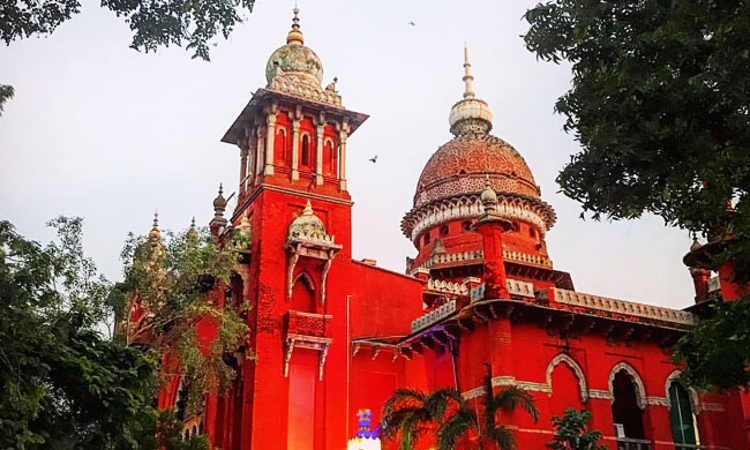Full Bench Of Madras High Court Directs State To Find Out Best Practices For Removal Of Seemai Karuvelam Trees
Sebin James
16 Feb 2022 6:34 PM IST

State shouldn't be driven by interests of industrialists or a few villagers who use the tree as firewood, the court said.
Next Story


